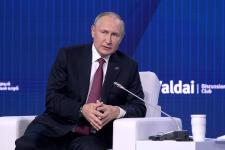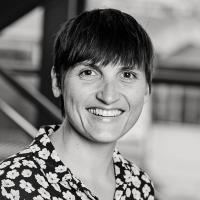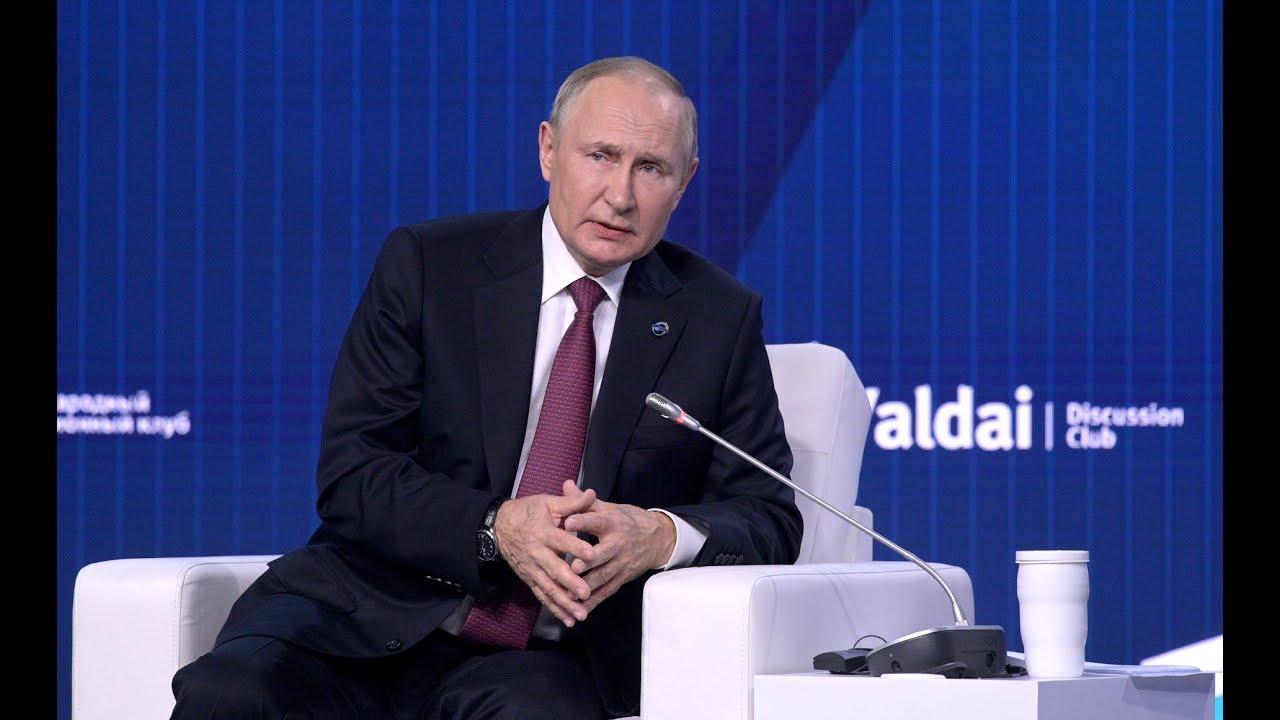Livestreaming
Putin’s wartime discourse and the analysis of Russian political culture

Watch the livestreaming here
When it comes to figuring out what Russian president Putin wants or plans, there is precious little to go by. The regime and political culture are anything but transparent. All we have are occasional articles and regular public speeches. Responding to the latest of such speeches, many observers, including the White House, concluded that they did not hear anything new. A far cry from the “new thinking” that ended the Cold War, indeed. Putin’s public statements - and some would argue, his politics - do seem to favour continuity and stability over innovation.
Yet, in that same speech at the Valdai Club, Putin used a metaphor hinting at his understanding of change, when he compared global processes to tectonic shifts. Something, he said, is changing all the time, but most of the time, these changes remain undetectable. It is only when tensions, previously undetected, reach a certain threshold, violent revolutionary eruptions occur.
This raises at least two questions. Should we take Putin’s rhetoric - or any political rhetoric - seriously? And if we do, what analytical tools do we have for detecting ongoing imperceptible changes before they erupt into violence?
Programme
09.30-09.35 Introduction, Stefano Guzzini
09.35-10.00 Putin's wartime discourse and the analysis of Russian political culture, Alexander Astrov
10.00-10.30 Discussion, Alexander Astrov, Stefano Guzzini, Karen Philippa Larsen and Maria Mälksoo
10.30-11.00 Q&A
Speakers
Alexander Astrov, Associate Professor, Central European University, Vienna
Prof. Astrov's research is situated at the intersection of International Relations Theory and Political Theory, focusing mainly on the ideas of order and politics. He is particularly interested in the history and changing practices of "great powers" and their role in global political order.
Stefano Guzzini, Senior Researcher, DIIS
Stefano Guzzini’s main areas of research are international theory, the study of diplomacy and foreign policy analysis.
Karen Philippa Larsen, PhD Candidate, DIIS
Karen Philippa Larsen’s primary research areas are Russia’s use of private military companies, Russian understanding of private military companies as security actors both in a national and international context.
Maria Mälksoo, Associate Professor, Copenhagen University
Maria Mälksoo’s research foci are in Critical Security Studies (ontological security, securitization of historical memory, hybrid warfare); political anthropology (liminality, rituals), and the political practice of deterrence, with a focus on NATO’s eastern flank.
Practical information
The seminar will be in English. Physical participation is free of charge, but registration is required. Please use our online registration form.
Livestream does not require registration. The video livestream will appear on this page just before the seminar starts.
Sign up
DIIS Experts


